ISM APAC
Q: Do you believe that the company’s status as a great place to work is reflected in your employees’ work performance?
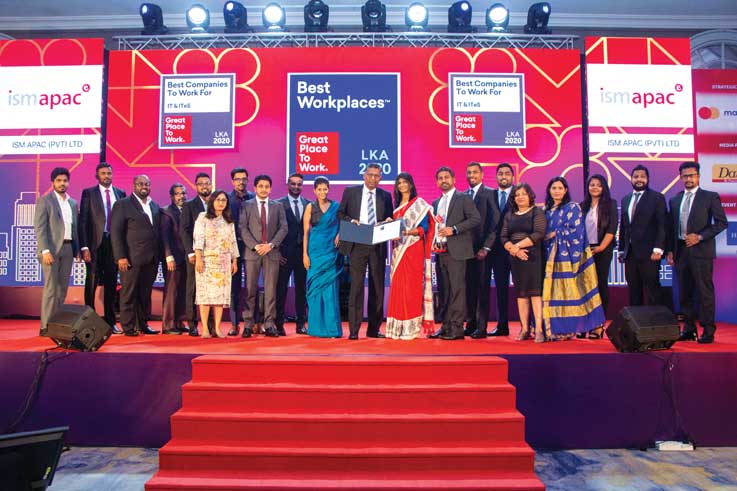 A: ISM APAC was established with the aspiration of being a great place to work. The organisation was aware of what creates such a workplace and set about establishing the ideal culture – one that led to the creation of a high-performance workforce.
A: ISM APAC was established with the aspiration of being a great place to work. The organisation was aware of what creates such a workplace and set about establishing the ideal culture – one that led to the creation of a high-performance workforce.
Therefore, we believe that the ‘Great Place to Work’ certification awarded by a global authority on workplace culture only fortifies our commitment towards building this winning culture.
When both the employer and employee remain dedicated to each other’s growth and welfare, it establishes an enriching and positive work environment that benefits both parties. The pandemic was the perfect example of this concept where the team voluntarily offered their unobstructed commitment despite the precarious circumstances.
Meanwhile, ISM APAC deals with a global clientele, which translates into business operations that need to be synchronised with different time zones.
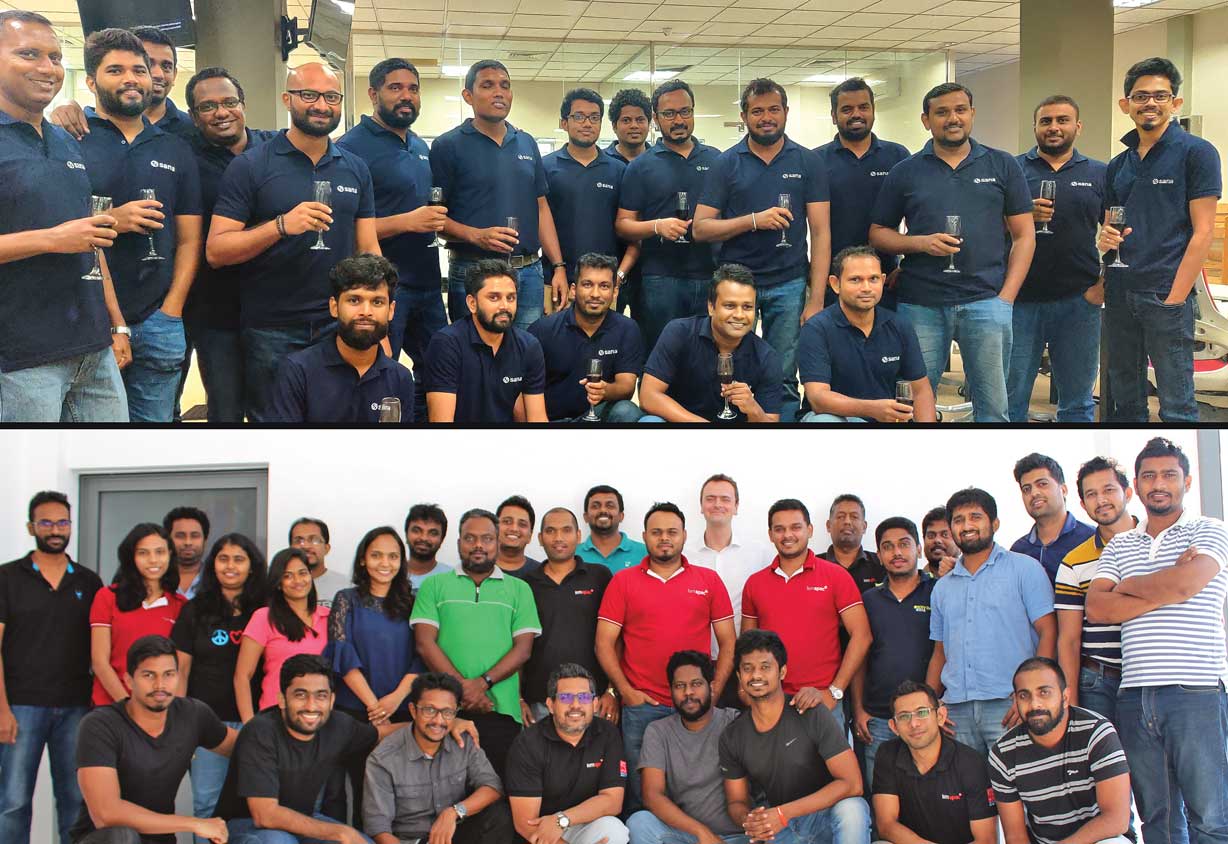 Our team is geared to do what is necessary to resolve an unforeseen crisis at any given time, regardless of when it is. We believe in cultivating mutual trust and this is reflected in their performance.
Our team is geared to do what is necessary to resolve an unforeseen crisis at any given time, regardless of when it is. We believe in cultivating mutual trust and this is reflected in their performance.
Furthermore, we’d like to believe that this certification is not for the benefit of our internal workforce as they are already aware of the superior status of the working environment. Rather, it is a third party certification acting as a signpost to the general public by letting them know that ISM APAC is indeed a great place to work.
ISM APAC is a unique organisation and we believe that this uniqueness is largely a credit to our employees.
Q: What are the main components of a great place to work, in your opinion?
A: Trust and transparency are fundamental aspects. The higher-ups aspire to build trust. To achieve that, a certain level of transparency needs to ensue.
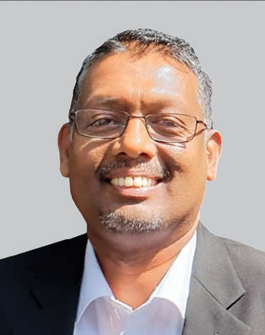 Decisions are made as a team, and the decision makers take it upon themselves to evaluate and heed employees’ responses to the decisions and strategies that are implemented.
Decisions are made as a team, and the decision makers take it upon themselves to evaluate and heed employees’ responses to the decisions and strategies that are implemented.
In addition to this, we attempt to maintain a homely and passionate work environment. Opportunities are limitless to those who wish to showcase and hone their talents, thereby achieving a great deal of self-motivation. The management takes measures to discover the hidden talents of its employees to embolden their career advancement.
Furthermore, the organisation encourages employees to capitalise on their newly unearthed talents and passions by pursuing a career path that befits their capabilities, rather than stagnating in their tenures and continuing to perform the same job role.
In short, we do not believe that we’ve enlisted generic employees. ISM APAC is home to future leaders and it is the organisation’s objective to elevate these future leaders to the next level.
Q: And what are the main lessons that you have learned from participating in the Great Place to Work Sri Lanka survey?
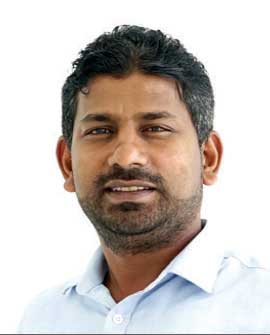 A: Self-evaluation generally provides a company with a biased interpretation of organisational performance. On the other hand, a third party survey enables the business to reflect from an external perspective and that offers an impartial opinion on the actual context.
A: Self-evaluation generally provides a company with a biased interpretation of organisational performance. On the other hand, a third party survey enables the business to reflect from an external perspective and that offers an impartial opinion on the actual context.
Such a third party perspective facilitates the organisation in determining the accuracy and effectiveness of the strategies that are being implemented. Therefore, minor observations that were previously overlooked as inconsequential might be picked up by the external scrutiniser and these insights enable the business to implement useful future amendments.
And finally, this can be taken as a learning curve; it helps us to evolve into a better version of ourselves. What’s more, we try to benchmark our evaluations with those of other companies and make necessary changes accordingly.
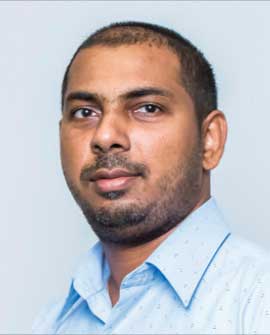 Q: Could you outline how workplaces and cultures have changed since early last year?
Q: Could you outline how workplaces and cultures have changed since early last year?
A: The pandemic ignited the rapid evolution of the work model within the company. With the shift to work from home (WFH), our team proactively increased ownership of their roles to drive and maintain an efficient and productive workflow.
A homely and open culture has always been a part of the company’s operational formula, and this enriching positive culture was transferred into the hybrid work model that ISM APAC follows today.
Q: How does innovation and customer satisfaction make for a robust workplace culture?
A: The core values of ISM APAC encompass being entrepreneurial, results driven, committed, and having team spirit and a learning mindset. They play fundamental roles and we place special emphasis on the ownership aspect.
Entrepreneurship comes with innovation: there are multiple solutions to a single problem and it takes a brilliant mind to discover alternative ways to reach a fruitful resolution.
We believe that our team is geared to provide solutions to problems rather than linger on them indecisively. They are accustomed to stepping out of their comfort zones to do what the situation dictates.
Moving to a tech driven organisational structure that balances prioritising customer and employee satisfaction, as it strives to achieve organisational goals and objectives, leads to the creation of a robust workplace culture.




